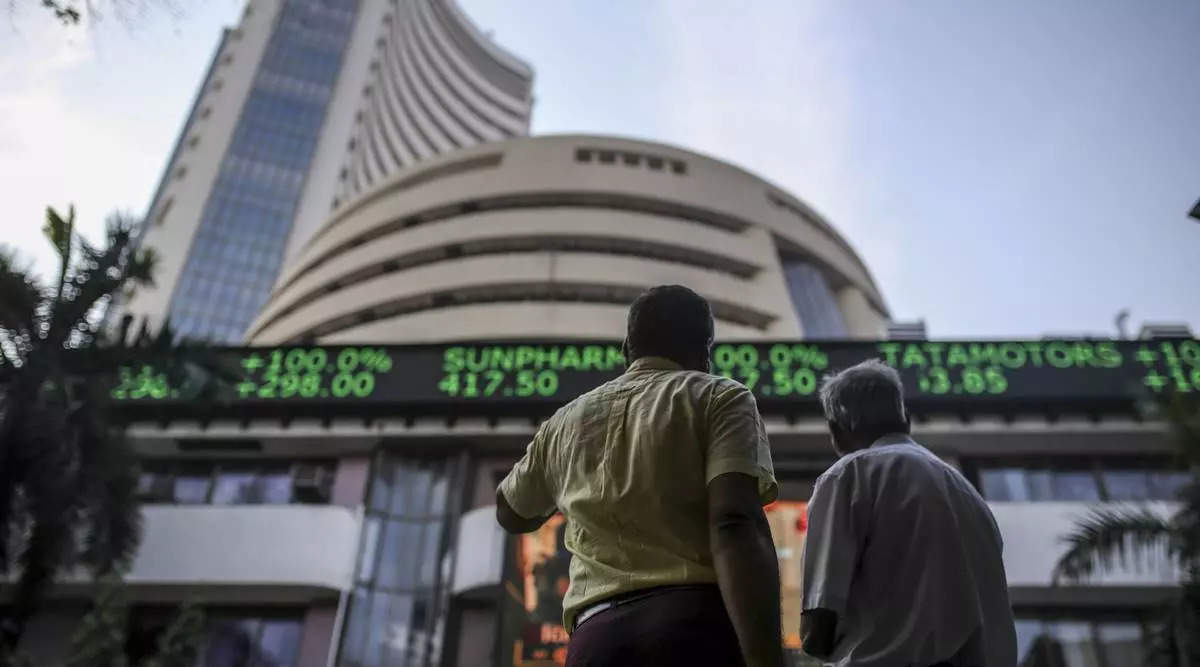US-China Trade Tensions Affecting Global Market Confidence

The ongoing trade tensions between the United States and China have been a cause of concern in the global market. The two largest economies in the world have been embroiled in a tit-for-tat trade war since 2018. The dispute has escalated into a full-blown economic conflict with the imposition of tariffs on each other’s goods. The trade war has affected not just the US and China but also the global market as a whole.
The trade tensions have affected the global market confidence in several ways. Firstly, the imposition of tariffs has led to increased import costs, which has impacted businesses’ bottom line in both countries. Companies are now paying more for imported raw materials and finished products, which leads to higher production costs. This, in turn, results in higher prices for consumers, which reduces demand, and overall economic growth.
Secondly, the trade tensions have led to uncertainty in the global market. Investors are unsure how long the trade war will last, and the impact it will have on the global economy. This uncertainty has led to reduced investment and overall capital expenditure. Many companies have put off investment projects, expansions to new markets, and hiring new employees until there is more clarity on the trade disputes.
Thirdly, the trade tensions have resulted in market volatility. The uncertainty and unpredictability of the situation have led to sudden changes in stock prices, currencies, and other market indicators. This volatility has made it difficult for investors and companies to plan their strategies, as the market changes at a moment’s notice.
Fourthly, the trade tensions have affected consumer confidence. As prices rise due to increased import costs, consumers have to pay more for goods, which reduces their overall purchasing power. This has led to a slowdown in consumer spending, especially for luxury goods or items with lower price elasticity. A reduction in consumer spending also impacts business growth and the overall economy.
Finally, the trade tensions have impacted global growth. The International Monetary Fund (IMF) reported that the global economy is expected to slow down as a result of the trade tensions. The IMF predicts that the trade dispute between China and the US could result in a loss of $700 billion in global economic output by 2020.
In conclusion, the US-China trade tensions have affected the global market confidence in several ways. The conflicts have led to increased import costs, uncertainty, market volatility, reduced consumer confidence, and slowed global growth. It is essential for both countries to resolve the trade dispute as soon as possible, and towards this end, a trade deal will be beneficial. A resolution would restore the global market confidence by bringing certainty and clarity to the overall economic outlook.







